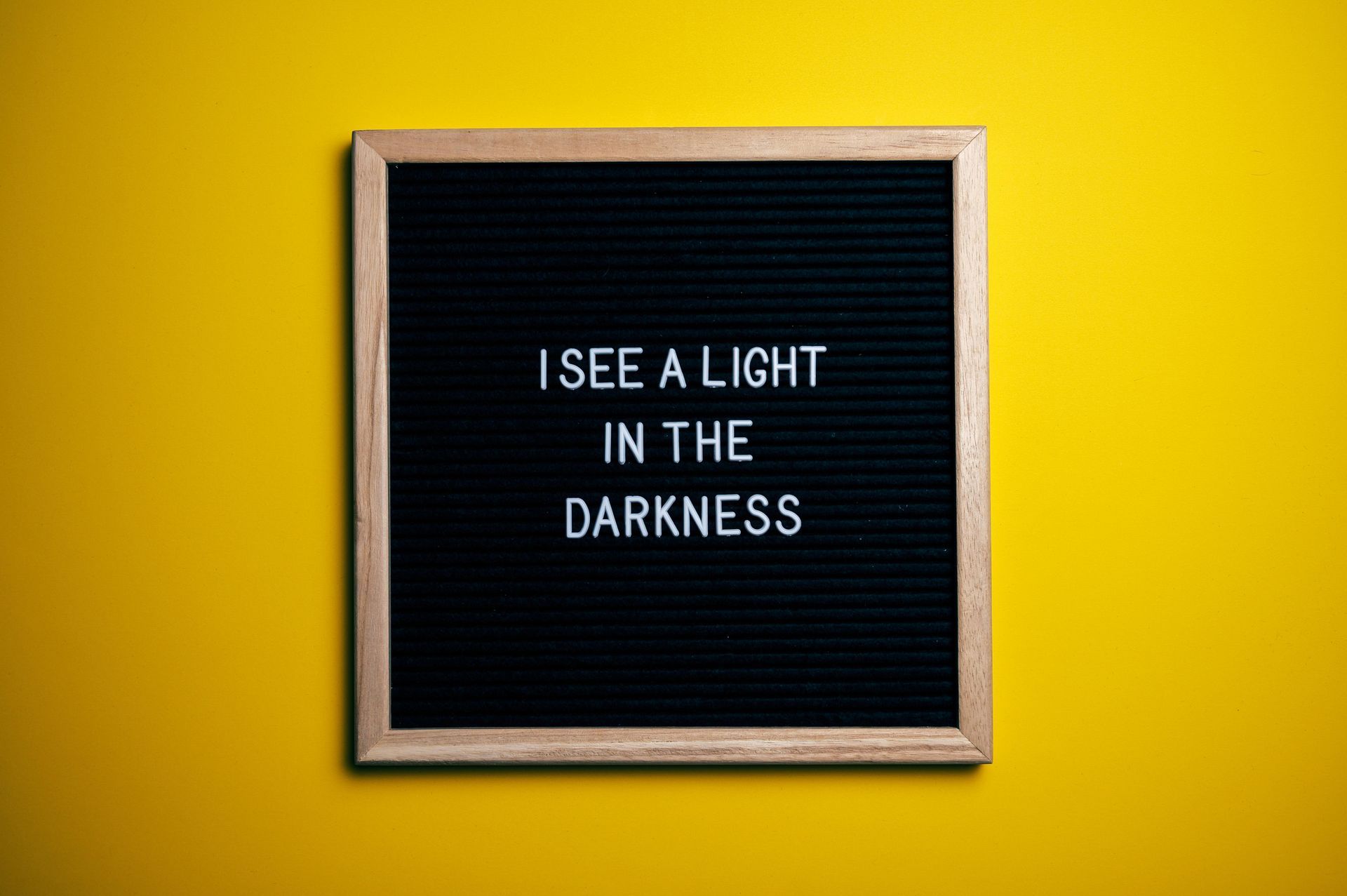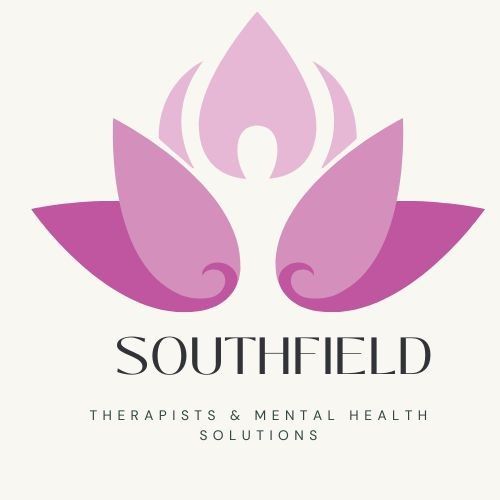Understanding Transcranial Magnetic Stimulation (TMS): A Revolutionary Treatment for Depression

In recent years, Transcranial Magnetic Stimulation (TMS) has emerged as a groundbreaking treatment for depression and other mental health disorders. This non-invasive procedure offers hope for individuals who have not found relief through traditional therapies such as medication and psychotherapy. In this article, we’ll explore what TMS is, how it works, its benefits, and what to expect during treatment, helping you make an informed decision about your mental health care.

What is TMS?
Transcranial Magnetic Stimulation is a non-invasive brain stimulation technique that uses magnetic fields to stimulate nerve cells in the brain. Approved by the U.S. Food and Drug Administration (FDA) in 2008 for treating major depressive disorder, TMS is now recognized as an effective alternative for those who have not responded to conventional treatments.
How Does TMS Work?
TMS works by delivering targeted magnetic pulses to specific areas of the brain associated with mood regulation, particularly the prefrontal cortex. During the procedure, a coil is placed against the scalp, and magnetic fields are generated to induce small electrical currents in the brain. These currents help to increase the activity of neurotransmitters, such as serotonin, which play a crucial role in mood regulation.
The treatment is typically administered in a series of sessions, each lasting about 30 to 40 minutes. Patients remain awake and alert throughout the procedure, allowing them to return to their daily activities immediately afterward.
Benefits of TMS
- Non-Invasive and Painless: One of the most significant advantages of TMS is that it is a non-invasive procedure. Unlike electroconvulsive therapy (ECT), TMS does not require anesthesia, and patients can experience minimal discomfort during the treatment.
- No Systemic Side Effects: TMS primarily targets the brain without affecting the rest of the body, reducing the likelihood of systemic side effects commonly associated with antidepressant medications. Patients often report fewer side effects compared to traditional treatments.
- Quick Treatment Sessions: TMS sessions are relatively short, allowing patients to easily fit them into their daily schedules. Most patients require around 20 to 30 sessions, typically over a four to six-week period, making it a manageable option for many.
- Effective for Treatment-Resistant Depression: TMS has shown promising results for individuals who have not responded to standard antidepressant treatments. Studies indicate that approximately 50-60% of patients experience significant improvement in their depressive symptoms after TMS therapy.
- Long-Lasting Effects: Research suggests that the benefits of TMS can persist long after the treatment sessions have ended. Many patients report sustained improvement in their mood and overall functioning, contributing to a better quality of life.
What to Expect During TMS Treatment
If you’re considering TMS therapy, here’s what you can expect during the treatment process:
- Initial Consultation: The first step is an evaluation with a qualified mental health professional. This consultation will help determine if TMS is a suitable option for you based on your medical history, current symptoms, and previous treatments.
- Treatment Planning: If TMS is deemed appropriate, your provider will develop a personalized treatment plan tailored to your specific needs. This plan will include the number of sessions required and the frequency of treatments.
- During Treatment: On the day of your treatment, you will be seated comfortably in a treatment chair. A magnetic coil will be positioned on your scalp, and you may hear a clicking sound as the pulses are delivered. Most patients report feeling a tapping sensation, but it is generally well-tolerated.
- Post-Treatment: After each session, you can resume your normal activities without any downtime. Some patients may experience mild headaches or scalp discomfort, but these symptoms typically resolve quickly.
Is TMS Right for You?
TMS is not suitable for everyone. It is essential to consult with a qualified mental health professional to determine if TMS is a good fit for your specific situation. Factors such as medical history, severity of depression, and previous treatment responses will influence this decision.
Current Research and Evidence
The effectiveness of TMS has been supported by numerous studies. According to a meta-analysis published in JAMA Psychiatry, TMS was found to significantly improve depressive symptoms in treatment-resistant patients compared to sham (placebo) treatments. Additionally, ongoing research is exploring TMS’s potential for other conditions, such as anxiety disorders, PTSD, and obsessive-compulsive disorder.
Conclusion
Transcranial Magnetic Stimulation represents a significant advancement in the field of mental health treatment. Its non-invasive nature, minimal side effects, and effectiveness for treatment-resistant depression make it an appealing option for many individuals seeking relief from their symptoms. If you or a loved one is struggling with depression, consider reaching out to a qualified mental health professional to discuss the possibility of TMS therapy.
At Southfield Therapist & Mental Health Solutions, our board-certified team is dedicated to providing comprehensive mental health care tailored to your unique needs. If you would like to learn more about TMS or explore whether it is the right option for you, contact us today. Your journey toward better mental health starts here.
